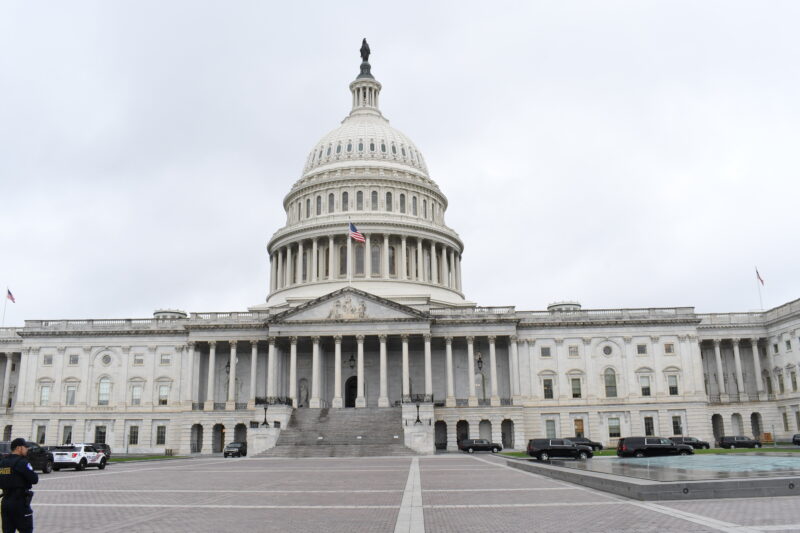Ahead of its Policy Conference in Washington, D.C., the National Independent Automobile Dealers Association joined a coalition of more than 20 associations Monday, Aug. 18, in sending a letter supporting H.R. 1556, the Right to Equitable and Professional Auto Industry Repair (REPAIR) Act to the leadership of the House Committee on Energy and Commerce. The letter asks Committee leadership to include the REPAIR act as a provision in the Surface Transportation reauthorization. The current bill expires Sept. 30, 2026.
The REPAIR Act, which would guarantee the rights of owners and their designated repair facilities to maintain and repair their vehicles while respecting intellectual property and maintaining the same cybersecurity standards and vehicle safety standards that exist today, will be one of four issues NIADA members will be speaking with lawmakers on in D.C., Sept. 15-16.
The REPAIR Act has bipartisan support from consumers. According to a recent national poll, more than 83 percent of Americans support the REPAIR Act, 84 percent of Republicans and 82 percent of Democrats support the proposed bill.
As stated in the letter, the REPAIR Act would lower costs for consumers on repairs and cut repair times by allowing access to critical vehicle data to independent repair facilities that is currently only available to Original Equipment Manufacturers and whom they give access.
“These potentially anticompetitive practices leave independent repairers unable to service vehicles and prevent aftermarket suppliers from offering high-quality, safe and affordable replacement parts to consumers,” the letter states. “In fact, an independent survey conducted last year demonstrated that 63 percent of repair shops report having difficulties making routine repairs on a daily or weekly basis. Moreover, 51 percent of shops report sending up to five cars per month to the dealer due to data restrictions, resulting in an estimated $3.1 billion cost to consumers.”








